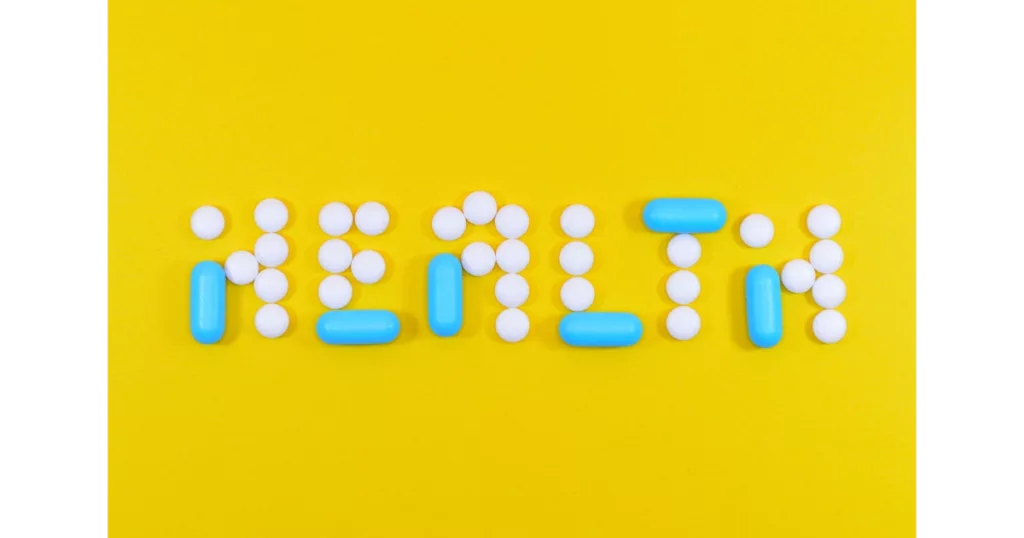Everyday Guide for Cholesterol in the Body
Cholesterol levels are an essential consideration for health—find out what cholesterol is and how it impacts you.
As we age, doctors take a closer look at our health. One key area of consideration for medical professionals is cholesterol levels. The types of cholesterol we have in our bodies and the levels they maintain can influence our health significantly, especially as we get older.
Let’s discuss the basics of cholesterol and how you can maintain healthy levels.
What is Cholesterol?
Cholesterol is a compound that can be found in the majority of body tissues in both humans and animals. This compound has many different uses in the body. In fact, it can help us to build our body in the form of cells, and it can also be used to create key hormones and vitamins that influence every aspect of our health.
Although cholesterol plays these roles, it is no secret that cholesterol has a fairly questionable reputation. Many adults find themselves being spoken to about their cholesterol levels, and high cholesterol is commonly associated with major health risks, like heart disease and stroke.
While our bodies make cholesterol, and cholesterol is not inherently bad, cholesterol should be monitored and observed to ensure that it is more helpful than harmful.

Common Sources of Cholesterol
Our bodies generate their own cholesterol. However, most people end up with extra cholesterol from one common source—diet. Cholesterol can be found in most body tissues. This means that anyone who eats meat is also going to be eating cholesterol.
Cholesterol Comes From Many Sources, Including:
- Red meat
- Poultry
- Eggs
- Cheese
- Milk
- Coconut Oil
- Dough
- Butter
Indicators You May Be at an Increased Risk of High Cholesterol
There are certain factors that are commonly associated with high cholesterol. Some of these factors come from our families, while others are more related to lifestyle.
These Factors Can Increase Your Risk of High Cholesterol:
- Genetics/Family History
- Natural or premature aging
- A diet high in dairy and red meat
- A diet high in processed foods
- A diet high in fats
- Short or long-term smoking habits
- Excessive alcohol intake
- Low activity levels and sedentary living
- Obesity
- Mental health problems associated with higher stress levels

Types of Cholesterol
Cholesterol comes from different sources, and there are actually two types of cholesterol that everyone should know—LDL cholesterol and HDL cholesterol.
LDL Cholesterol
Low-density lipoprotein (LDL) cholesterol is commonly blamed for health problems. You do not want high levels of LDL cholesterol in your body.
HDL Cholesterol
High-density lipoprotein (HDL) cholesterol is the counterpart to LDL cholesterol. This type of cholesterol is designed to absorb LDL cholesterol before carrying it to the liver to be processed. While you want low levels of LDL cholesterol, high levels of HDL cholesterol are actually a good thing!
Understanding Cholesterol Levels
As we all know, the body is composed of a series of very complex systems. These systems all work together to help our body function on a daily basis. However, when we have too much of a certain feature, it can throw our bodies out of balance.
With cholesterol, the biggest concerns are heart disease and stroke. Since these two problems can cause significant health impacts—including death—it is very important to keep cholesterol levels in proper balance.
Without that balance, the consequences can be very dangerous. This is why many doctors recommend medications and other treatments if you are diagnosed with high LDL cholesterol.
What Do High Cholesterol Levels Mean?
When someone says they have high cholesterol, they really mean they have high LDL cholesterol. For doctors, high LDL cholesterol levels are a giant red flag.
The reason that LDL cholesterol is so dangerous is that it often leads to blockages in your arteries. As LDL cholesterol builds up along the walls of your arteries, there is less and less room for your blood to flow through. This can cause significant health problems, like heart attacks and strokes, when combined with triglycerides, a common form of fat that can be found in the blood.
Since this is the case, a person with high cholesterol levels will always be advised to address the problem as quickly as possible. Over time, cholesterol levels will continue to get worse unless something changes.
The food we eat does not just cause high levels of LDL cholesterol. They can also introduce a high volume of saturated fats, which encourages our bodies to produce more cholesterol, increasing our levels even more, and ultimately leading to health problems.

What Do Low Cholesterol Levels Mean?
Low cholesterol is generally considered to be a good thing. However, very low levels can also come with complications. Once again, the body wants to be balanced. Low levels of LDL cholesterol can sometimes lead to mental health problems, premature births, and even cancer in some cases.
How to Support Good Cholesterol and Overall Health
Since cholesterol levels can play a significant part in total health, it is important to know how to manage cholesterol effectively. Anyone with cholesterol concerns should discuss solutions with their doctor as soon as possible.
Common Methods for Managing Cholesterol Levels Include:
- Eating plenty of fruits and vegetables
- Limiting high-fat foods, like meat and dairy
- Getting regular exercise
- Maintaining a healthy body weight
- Improving health habits as you age
- Avoiding or minimizing smoking and drinking
Manage Your Cholesterol for Your Long-Term Health!
Although cholesterol levels can be influenced by our genetics, we can work to keep our cholesterol levels healthy. Whether you have cholesterol concerns or not, it is very important to live a life that encourages your body to support good levels at all times. To learn more about how to manage cholesterol levels, contact your doctor to build a strategy that supports your health!
This is not professional medical advice.






